www.biorxiv.org/content/10.1...
www.biorxiv.org/content/10.1...
We've developed a bioassay-guided genome mining approach to identify bacterial secondary metabolites that inhibit Zymoseptoria tritici — a major fungal pathogen of wheat.
Available now on bioRxiv: doi.org/10.1101/2025...

We've developed a bioassay-guided genome mining approach to identify bacterial secondary metabolites that inhibit Zymoseptoria tritici — a major fungal pathogen of wheat.
Available now on bioRxiv: doi.org/10.1101/2025...
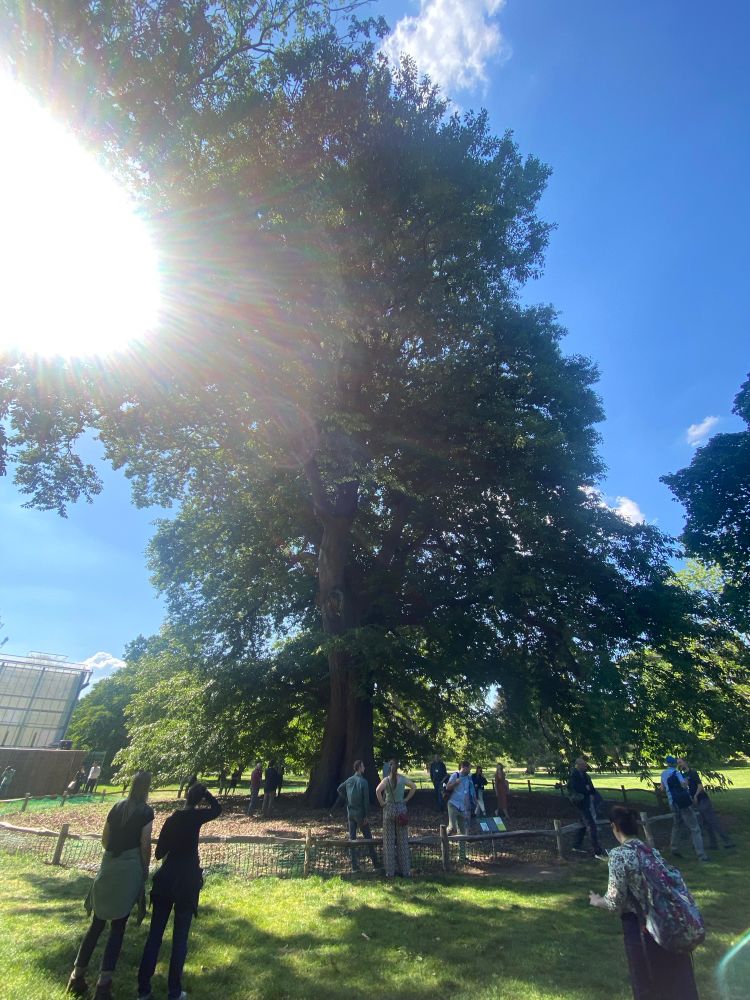


Full story 👇
www.rothamsted.ac.uk/news/bean-be...
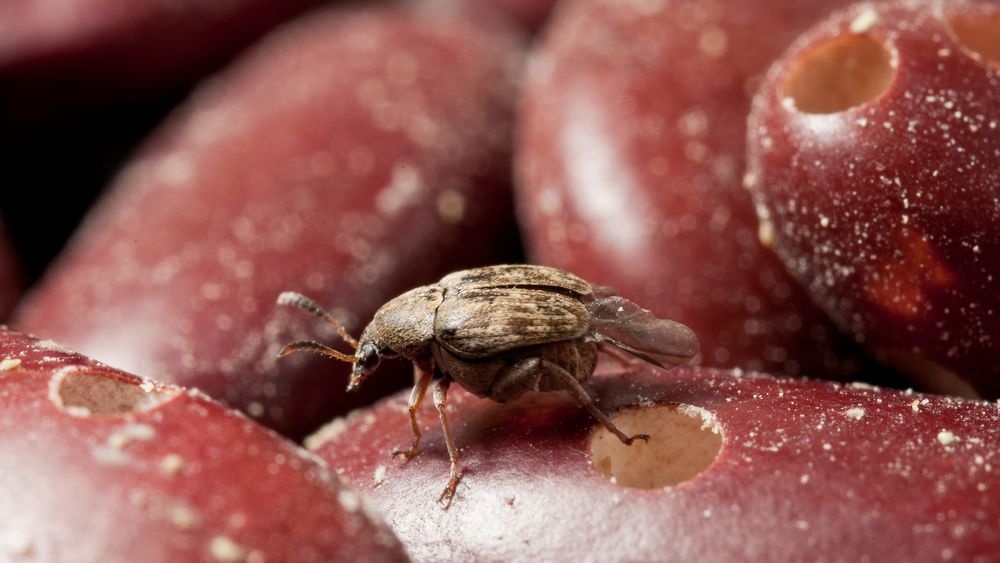
Full story 👇
www.rothamsted.ac.uk/news/bean-be...
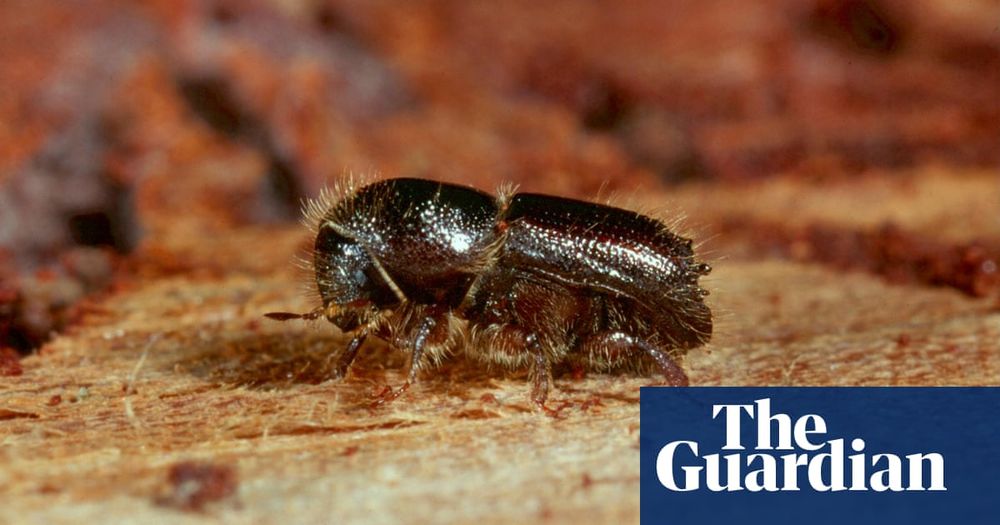
@forestresearchuk.bsky.social
Full story 👇
www.rothamsted.ac.uk/news/new-bee...

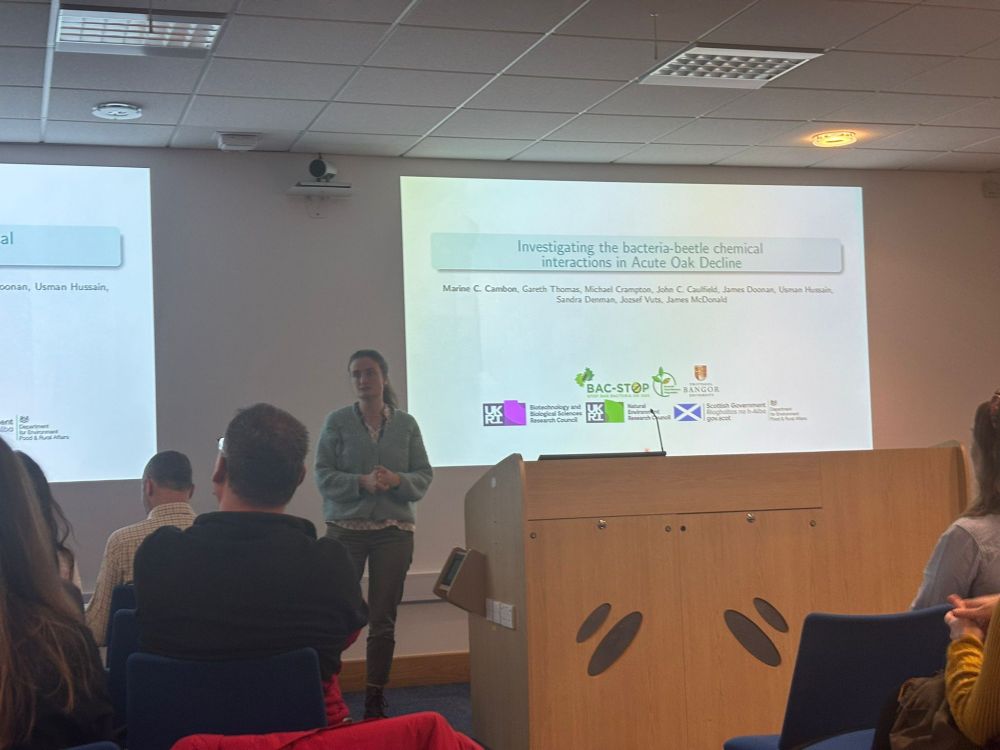
Link: www.protocols.io/view/using-d...
#ChemicalEcology #Microbiology #Volatiles #Semiochemicals

Link: www.protocols.io/view/using-d...
#ChemicalEcology #Microbiology #Volatiles #Semiochemicals
Just created a starter package for networking people in our field 😆 Please let me know if people need to be added!
go.bsky.app/KzwBnhN
Just created a starter package for networking people in our field 😆 Please let me know if people need to be added!
go.bsky.app/KzwBnhN
Prof Colin Beale & @sabineclarke.bsky.social
to join historic delivery of ecosystem functions with future savanna management.

Prof Colin Beale & @sabineclarke.bsky.social
to join historic delivery of ecosystem functions with future savanna management.
environmentalmicrobiome.biomedcentral.com/articles/10....
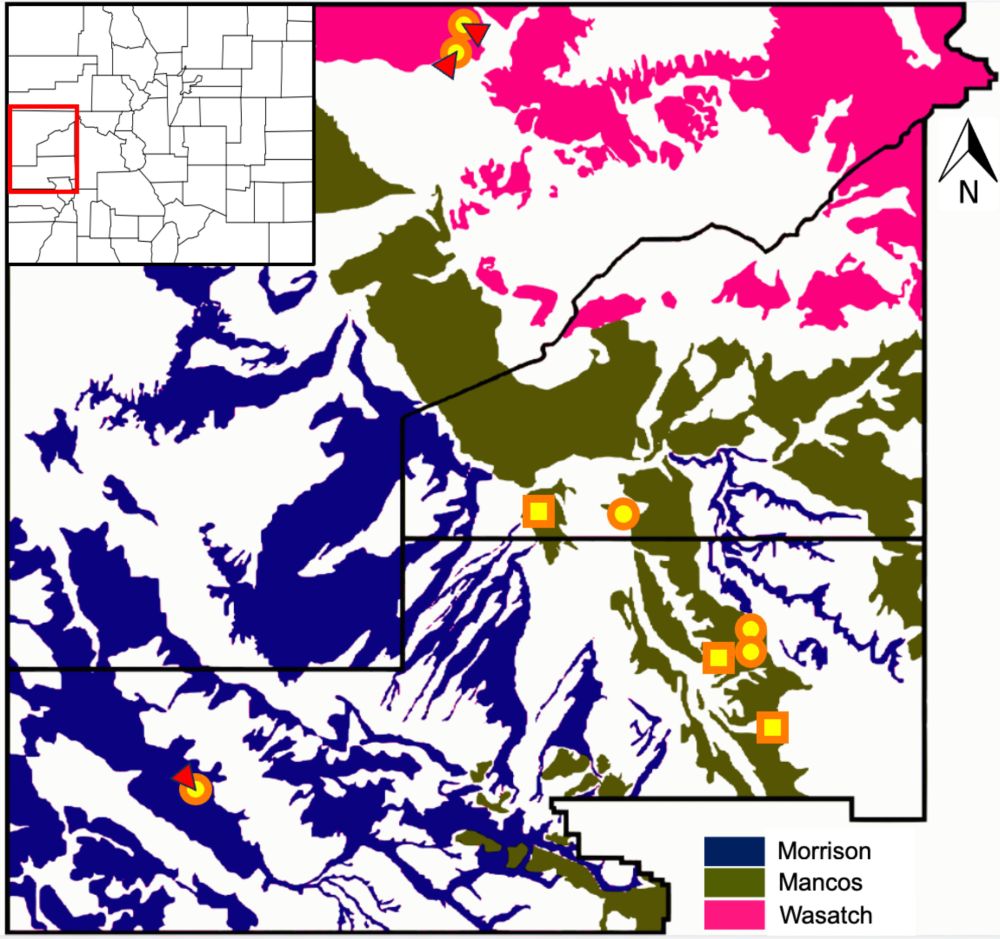
environmentalmicrobiome.biomedcentral.com/articles/10....
Deadline: December 31, 2024
📖 Learn more and submit here:
scijournals.onlinelibrary.wiley.com/hub/journal/...
Please share!
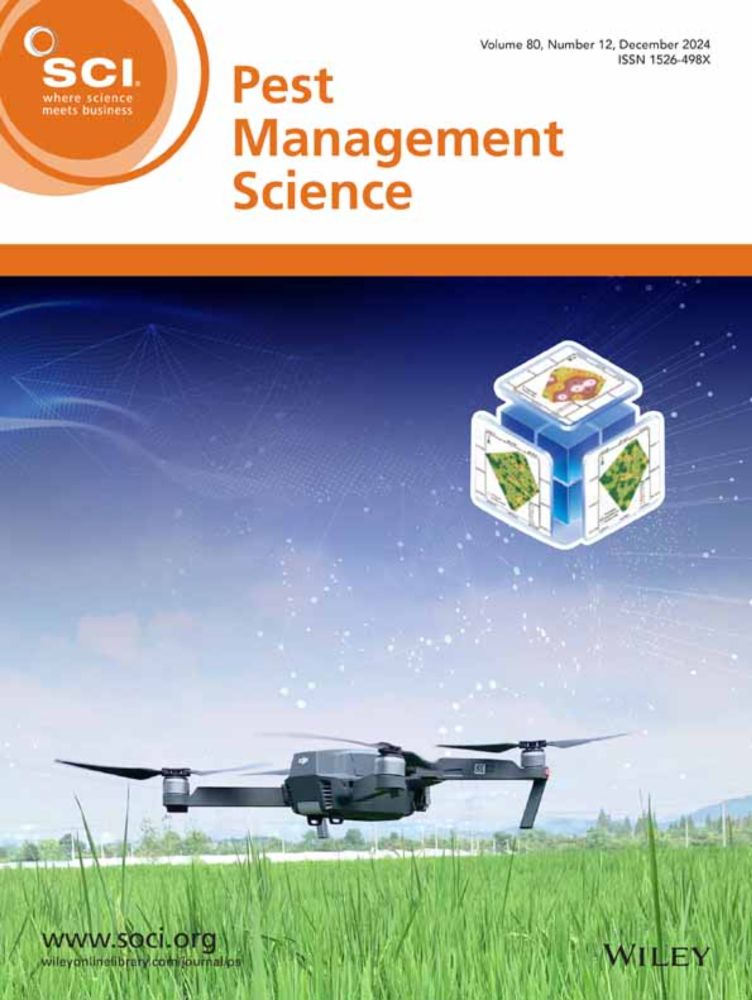
Deadline: December 31, 2024
📖 Learn more and submit here:
scijournals.onlinelibrary.wiley.com/hub/journal/...
Please share!
Optimise plant essential oil biopesticides for integrated pest management.
More info: warwick.ac.uk/fac/cross_fa...
#Sustainability #AgTech #EcoFriendly
Optimise plant essential oil biopesticides for integrated pest management.
More info: warwick.ac.uk/fac/cross_fa...
#Sustainability #AgTech #EcoFriendly
DEADLINE 11 December
Apply here 👉
www.swbio.ac.uk/programme/ho...
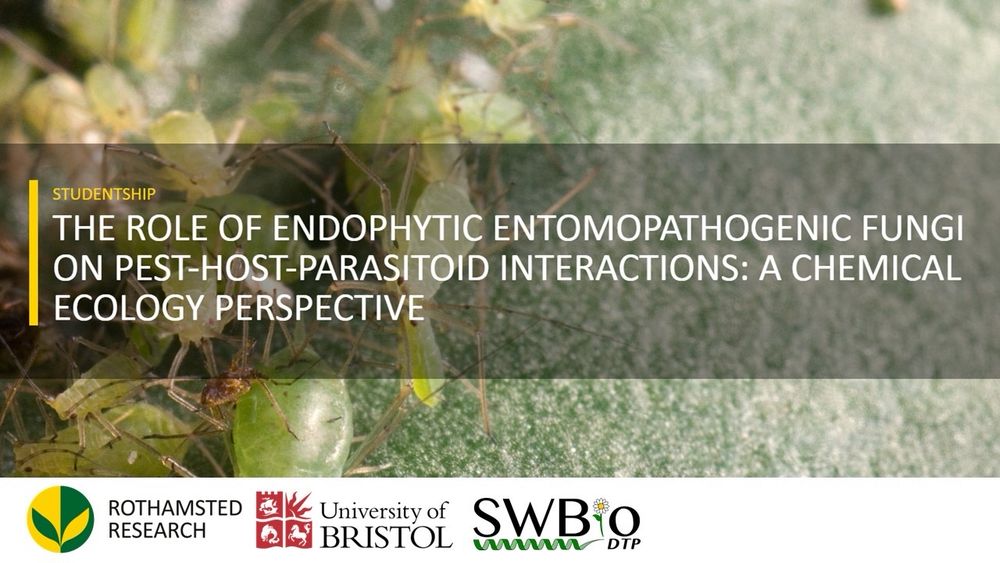
DEADLINE 11 December
Apply here 👉
www.swbio.ac.uk/programme/ho...

